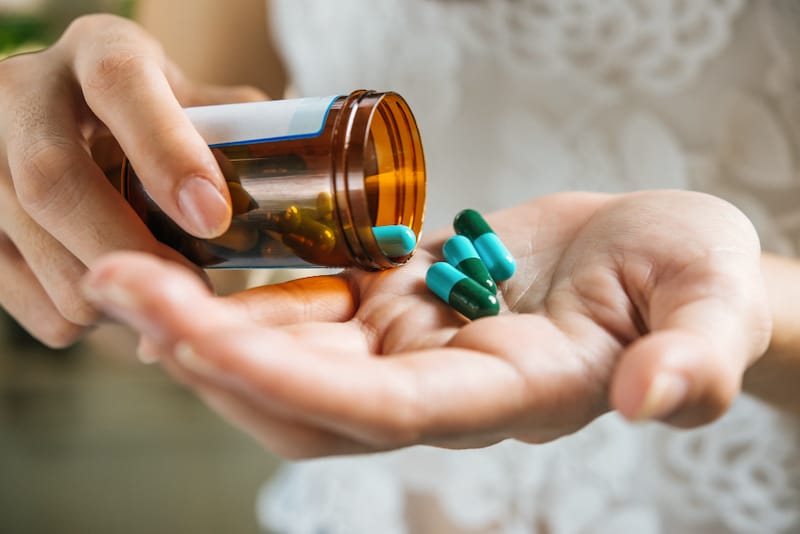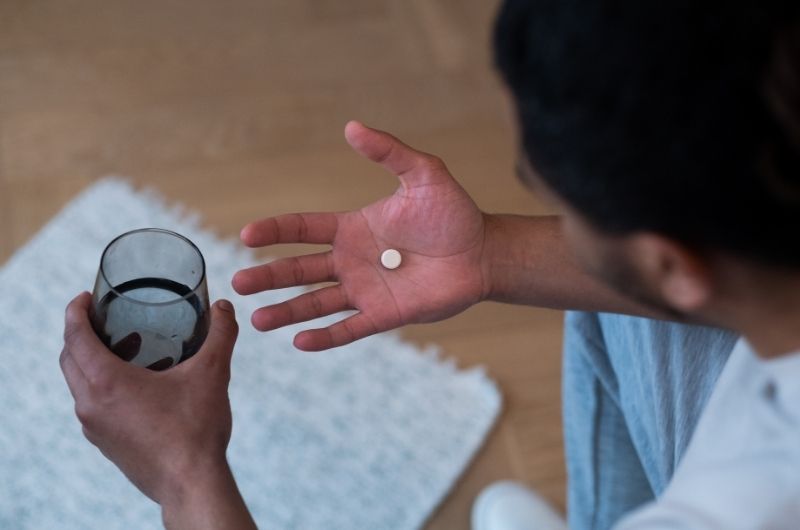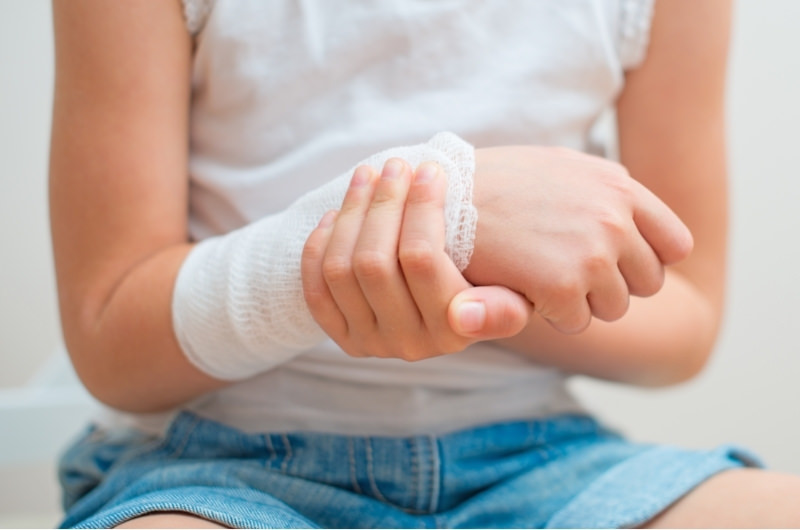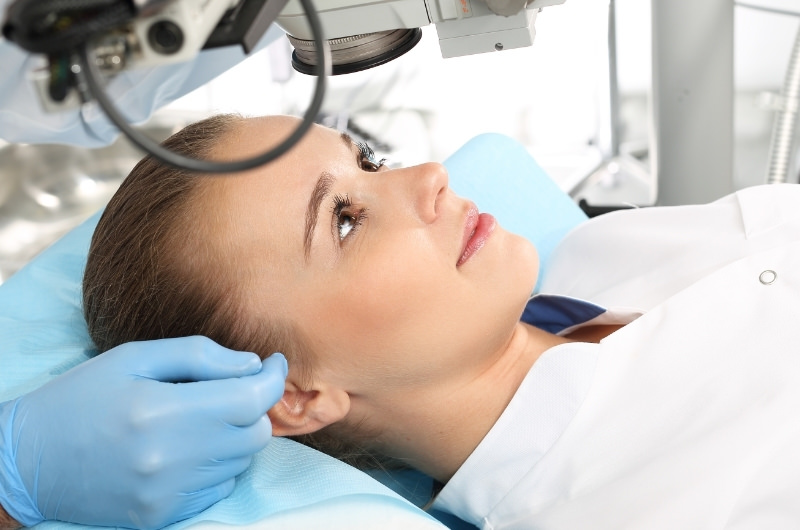What Foods Can I Eat With Doxycycline Monohydrate?
Restoring your body’s healthy balance after taking antibiotics such as Doxycycline Monohydrate is crucial. You can take prebiotics, probiotics, fiber, and fermented foods. Prebiotics and probiotics also help reduce Doxycycline Monohydrate side effects. However, some foods such as grapefruits, foods rich in calcium or iron, and orange juices can interact with Doxycycline Monohydrate, making the … Read more










